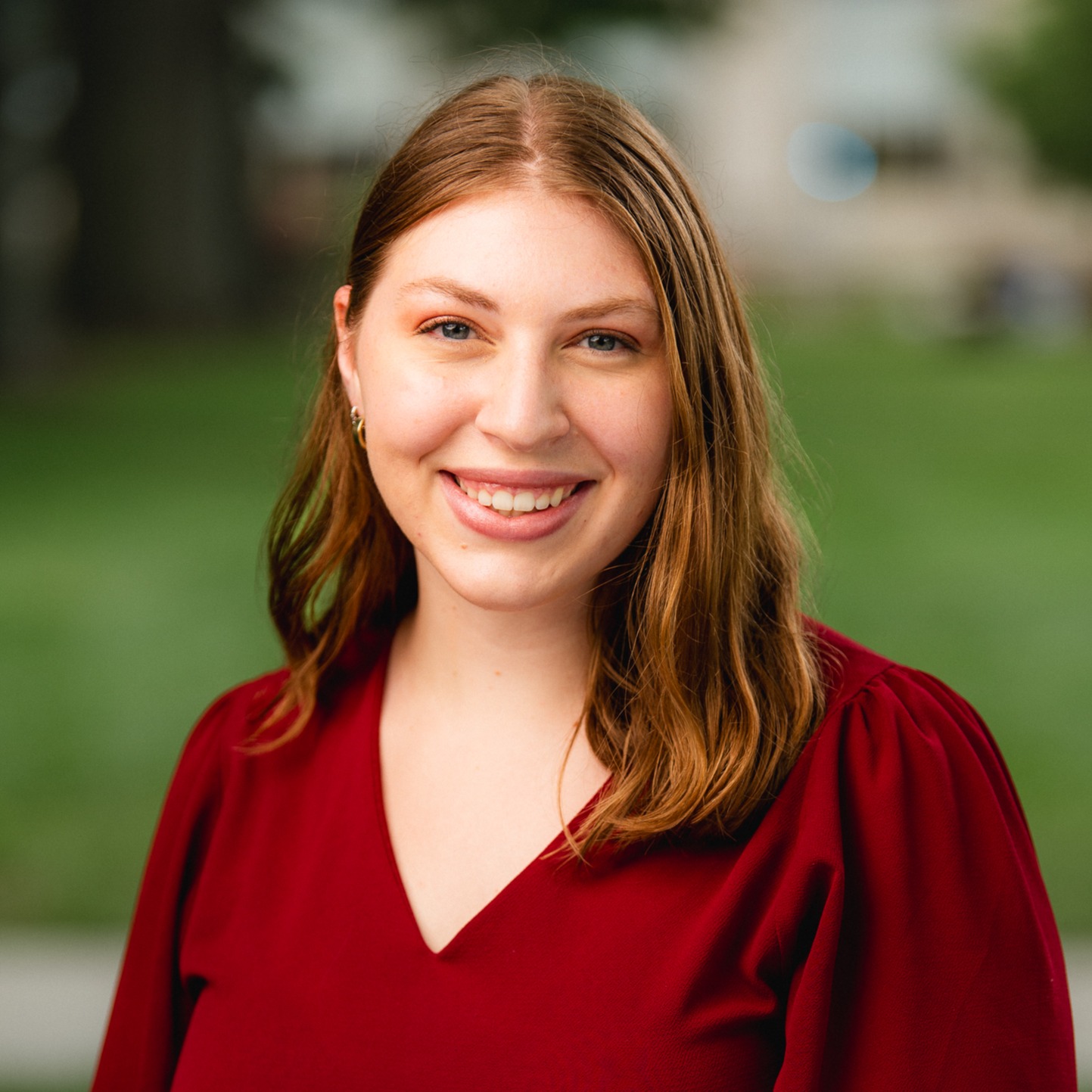Brooke Dorsey

MIT Department: Chemistry
Faculty Mentor: Prof. Robert Gilliard
Research Supervisor: Michael Stopper
Undergraduate Institution: University of Texas at El Paso
Hometown: El Paso, Texas
Website: LinkedIn
Biography
Brooke Dorsey is a Senior at the University of Texas at El Paso (UTEP) majoring in Chemistry. While at UTEP, she focuses on many aspects of academia. She is an undergraduate teaching assistant for general chemistry while serving as president of the ACS student members organization at UTEP. Brooke is interested in designing materials for environmental remediation applications. At UTEP, she works in the laboratory of Dr. Dino Villagran, synthesizing porphyrin-based materials to electrochemically degrade persistent water-polluting chemicals known as per- and poly-fluoroalkyl substances (PFAS). In the 2024 MIT summer research program, Brooke worked with Dr. Robert Gilliard, where she focused on synthesizing numerous N-heterocyclic carbenes (NHC) to study their electronic and chemical properties when reacted with carbon dioxide or carbon disulfide (CO2/CS2). Brooke anticipates graduating in December of 2024. She then plans to obtain a PhD focused on materials synthesis for environmental remediation applications.
Abstract
Investigation of N-Heterocyclic Carbenes for CO2/CS2 Capture and Utilization
Brooke Dorsey1, Michael Stopper2, Robert Gilliard Jr.2
1Department of Chemistry and Biochemistry, University of Texas at El Paso
2Department of Chemistry, Massachusetts Institute of Technology
Carbon dioxide (CO₂) is a predominant greenhouse gas due to its high chemical stability. Current industrial efforts focus on carbon capture and utilization, yet these methodologies often face limitations in the desorption and transformation capabilities of the catalysts employed. Carbenes, characterized by a neutral carbon atom with a lone pair of electrons, have documented applications in catalysis. The Gilliard Lab at MIT hypothesizes that carbenes possess the required electronic and dynamic properties to effectively capture and transform CO₂. This study involves the comprehensive synthesis, characterization, and experimentation of carbenes. The objective is to synthesize four to six different carbene compounds, each optimized with varying peripheral substituents and backbones to fine-tune their electronic properties. These compounds will react with CO₂ and disulfide (CS₂) to form adducts, which will be assessed for their adsorption capabilities. This is done though investigations of their dynamic structure, redox properties, and overall electronic properties using common laboratory and electrochemical techniques. The resulting compounds demonstrated selectivity for CO₂/CS₂ adduction and exhibited low energy thresholds for redox reactions, highlighting their potential in effective carbon capture and transformation processes, giving insight for these molecules in applications of environmental remediation.